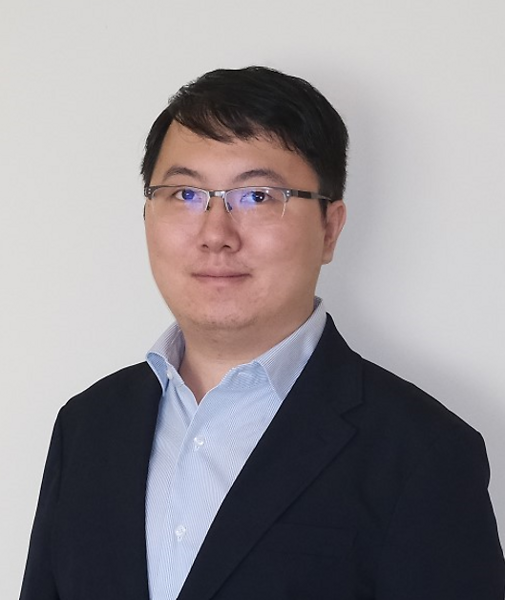Decoy-state optical quantum information processing with coherent states

Date
Location
Description
12 June 2025
Title: Decoy-state optical quantum information processing with coherent states
Speaker: Dr. Wenyuan Wang, Nara Institute of Science and Technology
Abstract of Talk: Photonic qubits are widely used in optical quantum information processing. However, to date, efficient high-speed single photon sources are still difficult to make. Here we propose to use "classical" phase-randomized coherent states, combined with post-processing, to perform quantum information processing tasks. We propose two techniques, a machine-learning-based one and an interpolation-based one, to greatly enhance the numerical precision and applicable dimensions, opening up a wide variety of applications that can be implemented with easily attainable coherent light sources and threshold detectors, such as quantum metrology or universal fully-passive quantum state preparation.
Profile of Speaker: Dr. Wenyuan Wang is currently an Associate Professor in the Dependable System Laboratory, Information Science Division at Nara Institute of Science and Technology (NAIST). Dr. Wang received his Bachelor of Science degree from the University of Hong Kong (HKU) in 2015 and his PhD degree from the University of Toronto in 2020 under supervision of Prof. Hoi-Kwong Lo. He worked as a Postdoctoral fellow at the Institute of Quantum Computing, University of Waterloo in the group of Prof. Norbert Lutkenhaus for a year and worked as a Research Assistant Professor at HKU during 2021-2024, before joining NAIST in 2024 summer. Dr. Wang’s main research interest is quantum communication, especially the design and optimization of quantum key distribution (QKD) protocols, quantum networks, as well as the combination of novel computational techniques (e.g. machine learning and semi-definite programming) with QKD. He is also interested in expanding the quantum optical platform into fields beyond QKD, such as quantum conference key agreement, quantum fingerprinting, quantum machine learning and linear optical quantum computing.
Subscribe to the OIST Calendar: Right-click to download, then open in your calendar application.



